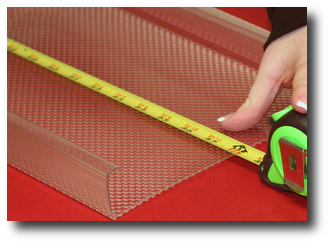In the midst of checking for overused words and thinning them, I'm now on to 'was,' which unlike 'had,' is requiring some significant rewording. Still working on my literacy, I tend to either use excessive words (to try and present something clearly) or conversely, too few sounding to 'my ear' more eloquent (meaning I likely subconsciously add them). What follows is one of those paragraphs. All input welcome as I try to determine if I'm progressing.
Thanks for your help,
K2
Unlike the ‘fertile zone’ she just left, the RCFG never restored power in pastoral areas. Eerily oppressive, the moonlight illuminated the ever-constant high overcast, lighting up the sky. Every night was like twilight before a storm. The pale greenish-yellow hue reminiscent of an old fluorescent light that flickered as denser clouds passed by, diffused by some surreal lens. Easier to see because of and unfortunately seen.
Thanks for your help,
K2
Unlike the ‘fertile zone’ she just left, the RCFG never restored power in pastoral areas. Eerily oppressive, the moonlight illuminated the ever-constant high overcast, lighting up the sky. Every night was like twilight before a storm. The pale greenish-yellow hue reminiscent of an old fluorescent light that flickered as denser clouds passed by, diffused by some surreal lens. Easier to see because of and unfortunately seen.
Last edited:


